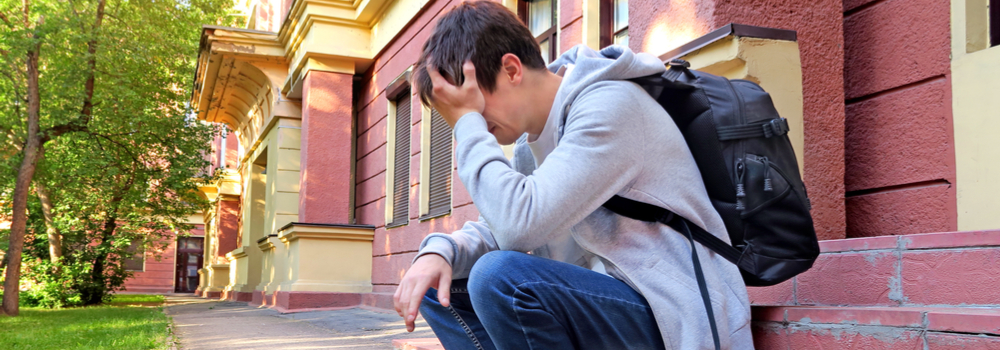Tall, dark, and handsome. Blonde hair and blue eyes. Muscular, but not too thick. Lean, but not too skinny. Athletic as possible. Beasts. Tough, inside and out. Able to provide. Calm and collected at all times. Not emotional. Not weak. Not in need of help. Never having to surrender. Fighters. Warriors.
These are the images, words, descriptions, and expectations of the male stigma. Men are expected to be strong and secure, without showing any signs of weakness. Showing anything that might resemble weakness isn’t just about being weak and vulnerable for men. Due to the way the male stigma shapes their identity and perception of self, it’s about being more or less of a man. Mental illness, addiction, and the struggles which can come in life make men feel less like men. That is why men are less likely to speak up when they are struggling with intrusive thoughts, unhealthy obsessions, mental illness, or addiction. Men are less likely to ask for the help they need in overcoming addiction, like going to detox or a treatment program because they are afraid- because they have been programmed to be afraid- of asking for help. Vulnerability is an antithesis to survival. Today, in the more emotionally charged world, vulnerability is required for survival, especially from addiction.
Men can be both. It is possible to be strong, secure, able-bodied, and able to provide for the self and others while also being vulnerable emotionally. There is a strength that men learn in surrendering which they cannot learn through any other process. The instant a man admits he is having a problem with drugs and alcohol, he is beginning to unravel the thick weave of stereotype and stigma in his mind. When he can ask for help he finds his true strength in vulnerability. Taking risks- like the risk of being seen as weak or a failure- is a strength. To live that potential down and create success on the other side of it is a strength. Emotionally and physically men in treatment for drug and alcohol addiction are gaining strength by making themselves vulnerable to the treatment and recovery process.
Through the long term residential treatment programs at Tree House Recovery, men are finding freedom from addiction. Creating sustainable change, our treatment program teaches men how to live in complete recovery. Call us today for information on our Portland program: (503) 850-2474




